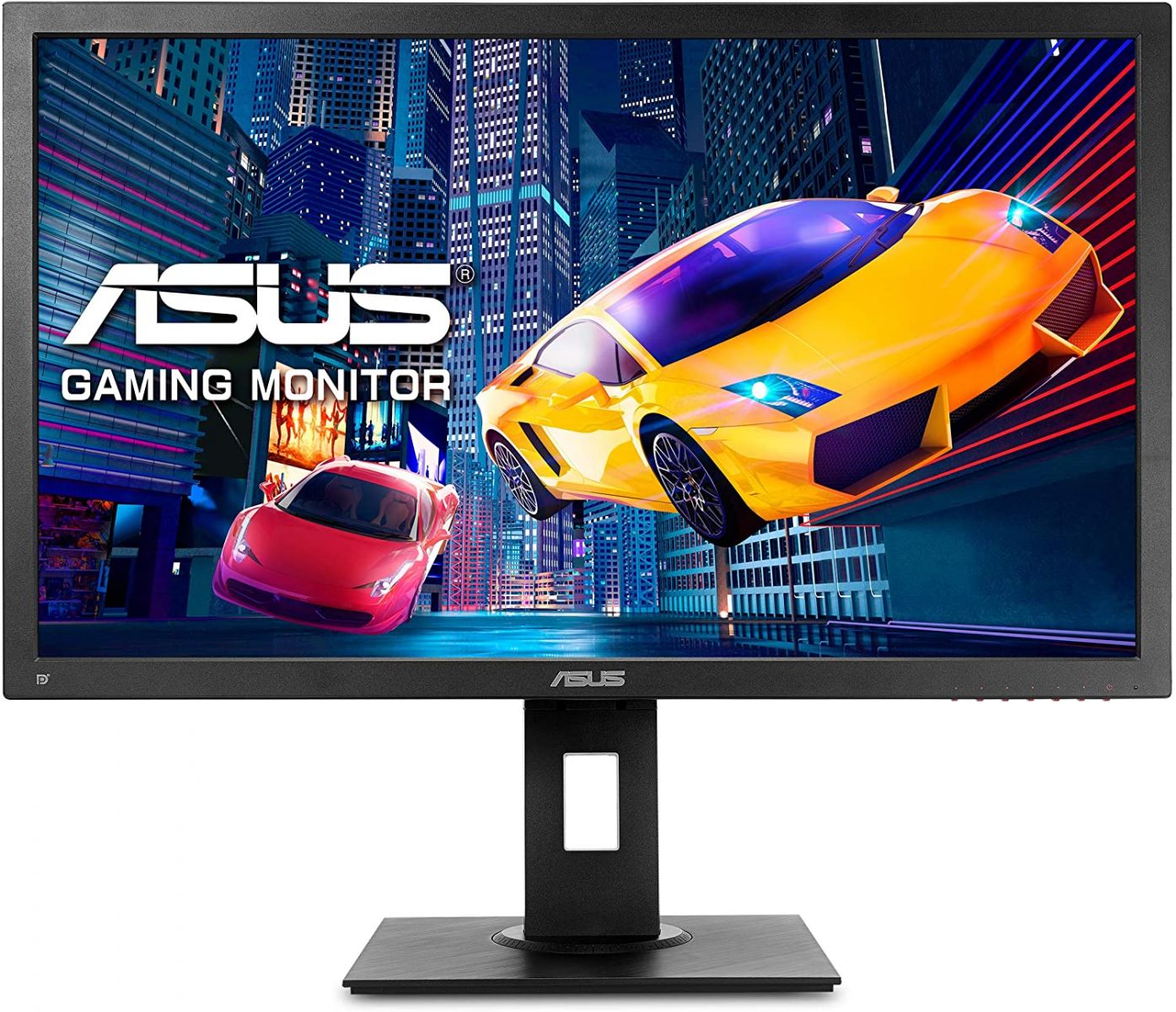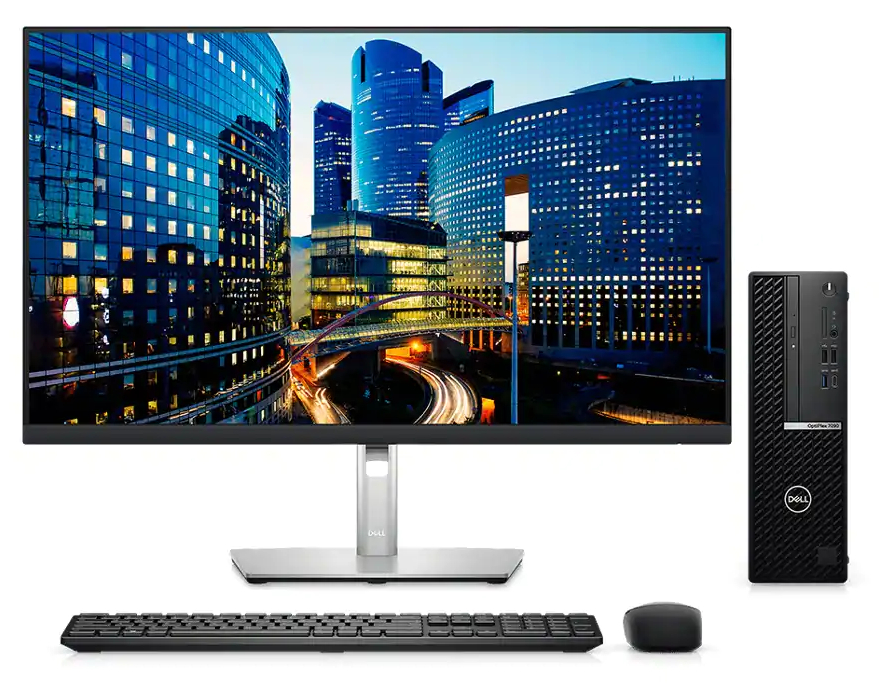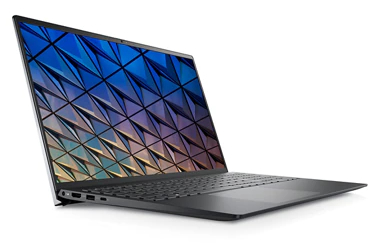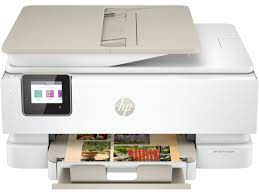Table of Contents
Click here for Windows 11 upgrade information.
Upgrade Services
Upgrading a computer or laptop is alway less expensive than buying new. However, the only way to derermine if that is the right way to go is to bring it in the shop. The questions to ask are:
- What's the replacement cost versus the upgrade cost?
- A new computer may require new software. The old software may not be trasnferable.
- There is a cost to getting a new computer running and data transfered.
- Will the computer run Windows 10 after upgrading? It may already be running Windows 10 or higher.
- Will the computer be reliable after upgrading?
- Is the computer running a processor such as an AMD "E" or "V120" or an Intel Celeron processor?
- Is the computer older than 8 years old?
- Windows 7 is still usable with the latest browsers and antivirus. It may more economical to do nothing.
Upgrade Options
Solid State Drive (SSD)
An SSD upgrade is the number one effective thing that can be done to radically improve overall performance. For many years up to this day, computers are still sold with conventional, spinning, mechanical, hard drives. They are entirely inadequate to run all the modern software required to make a computer work. They are way, way too slow.
Often times we find ourselves upgrading a 1 month old computer to an SSD because it was purchased with a conventional, mechanical drive and is running unacceptably slow, right out of the box.
Check out our Service Rates for current upgrade prices. The cost of an SSD upgrade depends on how much data and programs are being used. Most people can easily get by with a 250 GB SSD drive upgrade.
Memory (RAM)
The minimum memory needed has been 4GB of RAM for sometime. Surprisingly, this can still work in some instances. We recommend 8GB or more. Computers running 2GB of RAM must be upgraded to at least 4. We have a lot of used memory that can be installed, as needed, on older computers.
Memory upgrades don't improve performance as much as you would think, especially if the computer is still running a conventional, mechanical hard drive. If you find yourself running several large programs at once or dozens of Internet tabs open, a memory upgrade is helpful.
Processor
Processor upgrades, say from an AMD A4 to an A8 or an Intel Pentium to an i5, will make a noticeabe difference in some instances.
- If you are a Google Workspace ( Google Docs ) user, faster processors make a significant difference on large documents.
- Streaming, high resolution video, assuming a good Internet connection, is noticably improved.
- Quickbooks and SAGE users will find a faster processor helpful.
Myths
- Removing pictures, videos, email, etc from the computer will NOT make it faster. Don't do it.
- Removing programs that run in the background WILL make the computer run faster, but not by much.
- Adding memory, except in certain circumstances, does little to improve performance.
- Installing a larger capacity hard drive does nothing to improve performance.
Something to be aware of
There are two kinds of speed - computer speed and Internet speed.
If your Internet service is slow, it will make any computer seem slow. A slow performing Internet service results in the computer waiting for your Internet to do its thing. Making the computer faster in an effort to improve video streaming, for example, when your service is slow is futile.
Conversely, if you have a rocket Internet service but your computer takes forever to simply start, let along start your Intenet browser, it will make it seem like your Internet is slow, when, in fact, your computer cannot keep up. Computer upgrade or replacement is in order.
To tell the difference between slow Internet or a slow computer, you can go to "Speedsmart.net" and check your Internet speed. We always recommend a rock bottom minimum download spead of 2.5Mbps. Anything less is unusable in most instances. We prefer 25Mbps or more, but some services simply cannot run at that speed. Your speed is directly related to your Internet provider's service plan, the type of connection to your building, and your physical location on the planet.
If your Internet checks out, then the computer needs to be upgraded, probably to a solid state drive ( SSD ). One way to find out if your computer has an SSD already is to search for "defrag". The "Media Type" column will indicate if it's a "solid state drive" or "hard drive drive".




